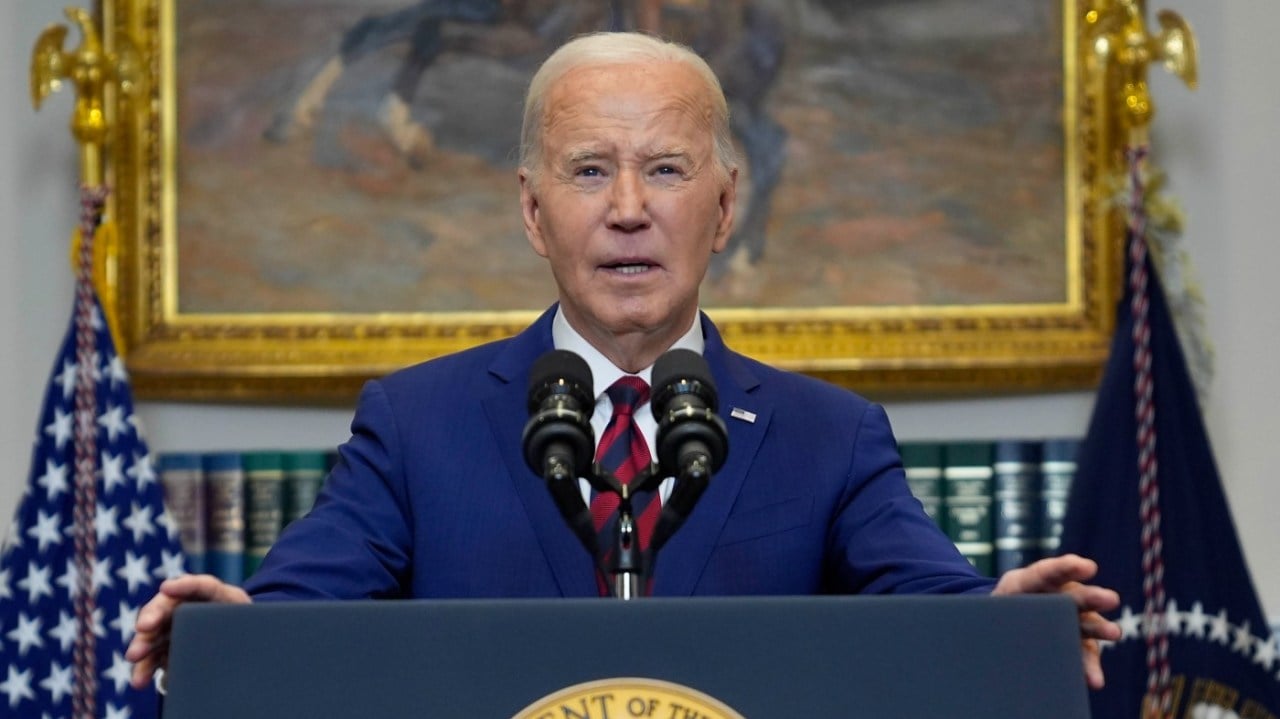President Biden vowed Tuesday to rebuild Baltimore’s Francis Scott Key Bridge after it collapsed into the water when a cargo ship rammed into it, echoing what some Maryland officials said earlier but adding that he expects the federal government to foot the bill.
“It’s my intention that the federal government will pay for the entire cost of reconstructing that bridge, and I expect the Congress to support my effort,” Biden said in remarks at the White House. “This is going to take some time, but the people of Baltimore can count on us though to stick with them at every step of the way until the port is reopen and the bridge is rebuilt.”
He said he spoke with Maryland Gov. Wes Moore (D) on Tuesday morning, as well as Maryland officials including its congressional delegation and two U.S. senators. Transportation Secretary Pete Buttigieg traveled to the Baltimore site.



Do you understand HOW BIG it needs to be and how deep the anchoring need to be to do that? It would be more expensive than building the bridge to not have single points of failure
Every bridge in the SF Bay Area has fenders and the Bay Bridge had a container ship hit the fenders. The bridge was unaffected but the ship had a hole torn in it which led to a huge oil spill (Cosco-Busan oil spill). Repairing the fender itself only took 1 month and $1.5 million. IMO any bridge that ships pass under it needs appropriately sized fenders for those ships.
Now compare the mass of the two ships
The Costco Busan had a gross tonnage of 65,000 tons and The Dali has a gross tonnage of 95,000 tons. The Dali is heavier, but according to Cal trans, the fenders of the Bay Bridge can handle impacts like the one in Baltimore.
It will be a very big system, but it will be cheaper than building double the piers as you described.
And it is still common today to design bridges with single points of failure today. You just increase the factor of safety for it.
There are methods that doesn’t just involve double the piers, and also 5-10x the material is not likely cheaper at all
A pier collapsed which took down a three span bridge. It is really hard to have a bridge standing when you’ve taken out a pier.
Also, 5 to 10 times the material of the pier doesn’t sound right, since you can design the fender system to outright fail as a way to absorb energy.
Presumably it would mostly redirect any ship, rather than try to just stop it. Or if it’s possibly to build shallows around it, you can use the weight of the ship against it